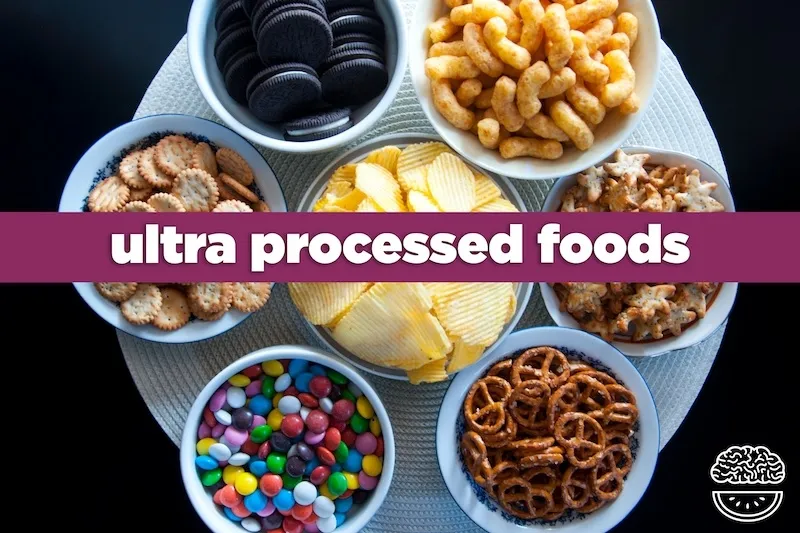Numerous studies relate ultraprocessed foods to the appearance of diseases or different health problems;But now, a new study developed by the University of Paris-Sorbonne and published in the American medical journal Jama Internal Medicine, gives us a new reason to eliminate from our diets the intake of this type of products.
And, according to this study, the high content of added sugars and unhealthy fats that usually contain these foods cause the appearance of diabetes.
For the investigation, the consumption habits of almost 105 thousand people of an average age of 42 years were analyzed in a 24 -hour period.In total, 3,500 foods were counted, which were classified according to their typology: natural, minimally processed processed and ultraprocessed.
The analysis revealed that the consumption in grams of ultraprocessed would increase the risk of type 2 diabetes, regardless of the intake of other foods and risk factors that this disease usually causes.
In this sense, doctors Bernard Srour and Mathilde Touvier, main authors of the study, have advised to "limit the consumption of ultraprocessed foods to prioritsalt, sugar and fats and maintain a healthy lifestyle. "
Experts thus recommend limiting the consumption of red and processed meats, soft drinks and drinks, and foster others such as vegetables, yogurts without added sugars and nuts such as nuts.
Cooking mode can also influence the appearance of this disease, so that fried should be avoided as possible.
A few dates ago, the prestigious Parisian university published another study also related to the consumption of ultraprocessed, in which the researchers came to the conclusion that the intake of this type of food increased the risk of mortality.The data revealed that a 10 % increase in ultraprocess consumption resulted in the direct increase of 14 % the probabilities of death risk in the next eight years.
Laure Schnabel, nutritional epidemiologist at the University of Paris-Sorbona and the main leader of that research, then explained that "the nutritional characteristics of ultra-processed foods could partly explain the development of chronic noncommunicable diseases among those who consume them. They are generallyDense in energy, rich in refined carbohydrates, saturated fats and salt, and contain low dietary fiber.





